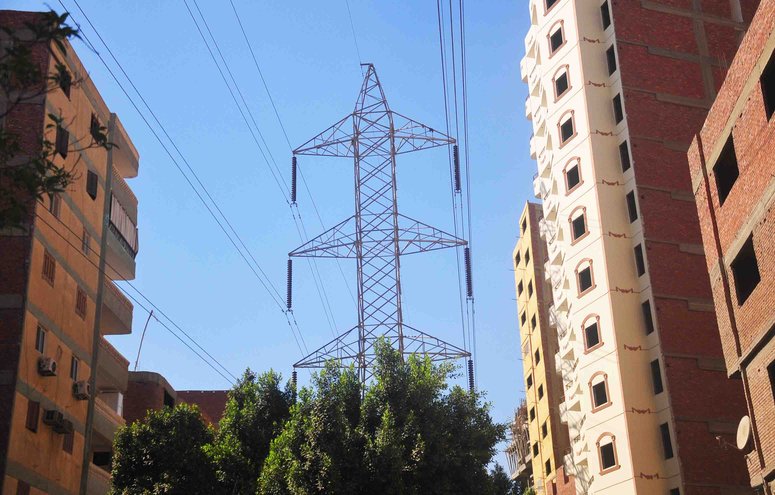The Dispute Settlement Committee has outlined recommendations for 22 investment disputes in efforts to revive confidence in the economy, said Minister of Justice and committee leader Mahfouz Sabir.
The Committee, formed to resolve investment disputes between the government and investors, did not name the companies involved in the disputes.
“The disputes are related to investment projects with the Ministry of Commerce, Industry, Finance, Petroleum, Irrigation, Agriculture, and Housing, amongst other disputes with the governorates of Cairo, Giza, the Red Sea, Matruh, South Sinai and New Valley,” according to Sabir.
The recommendations were reached during a committee meeting on Sunday, said Hassan Fahmy, chairman of the General Authority for Investment and Free Zones (GAFI) and an official of the technical secretariat of the committee. They will be submitted to the Cabinet for discussion during its next meeting, likely to take place next Wednesday. A final decision will be taken in accordance with the provisions of the Law of Investment Guarantees and Incentives.
In a statement to Daily News Egypt, Fahmy added: “There are more than 155 investment disputes have been tallied and prepared to present to the Minister of Justice for his approval to discuss them during the forthcoming meetings of the committee.” He declined to name the exact cases at hand.
The Dispute Settlement Committee met on Sunday and was attended by Sabir, governors of Giza, Aswan, New Valley and Red Sea governorates, and the deputy governor of Cairo. Also in attendance was Fahmy, as well as the head of the Industrial Development Authority (IDA) and a representative of the New Urban Communities Authority (NUCA).
Sabir said the committee’s work is to help pave the way for attracting investments. He said the solutions adopted by the committee so far reflect the state’s determination to remove obstacles limiting existing and upcoming development plans, which rely on doubling local and foreign investments.
Egypt is working to regain the business and financial community’s favour by settling investment disputes and making legislative amendments. This follows court rulings that invalidated the privatisation contracts of nearly 11 companies, returning them to the state. This prompted investors to resort to international arbitration to fight the decision, possibly incurring heavy fines that the cash-strapped state treasury, will be unable to bear.
There have been more than seven cases brought against Egypt since the 25 January Revolution, out of almost 22 cases, which have in total asked for $20bn in compensation.
“We will hold meetings of the committee on a regular basis twice a month, in order to speed up the settlement of the investment disputes,” according to Fahmy. He confirmed the state is pushing to adopt fair solutions to the issues that will not waste public money or harm the investors, to prevent companies from resorting to international arbitration.
The Dispute Settlement Committee was formed at end of June by Prime Minister Ibrahim Mehleb. The Minister of Justice will lead the committee, with committee members including the ministers of trade and industry, local development, finance, transitional justice, investment, the Secretary General of the Cabinet, the Chairman of GAFI.



